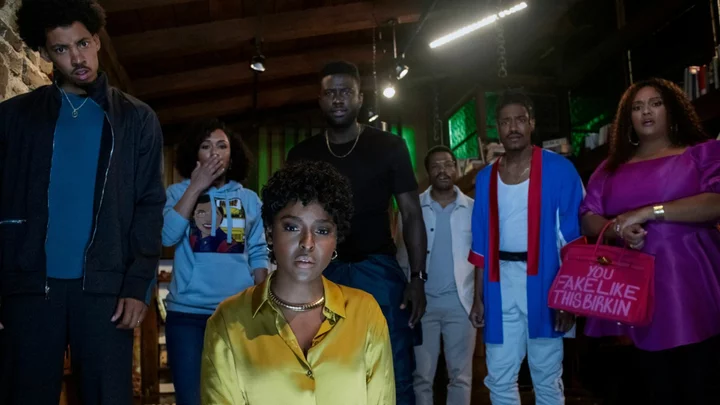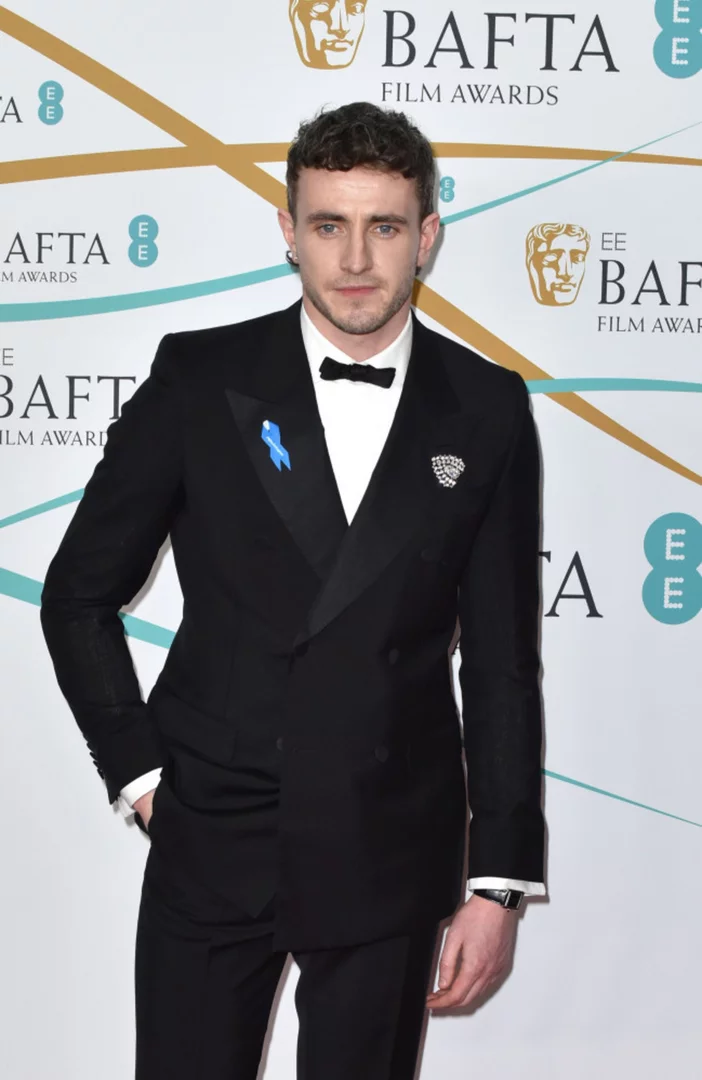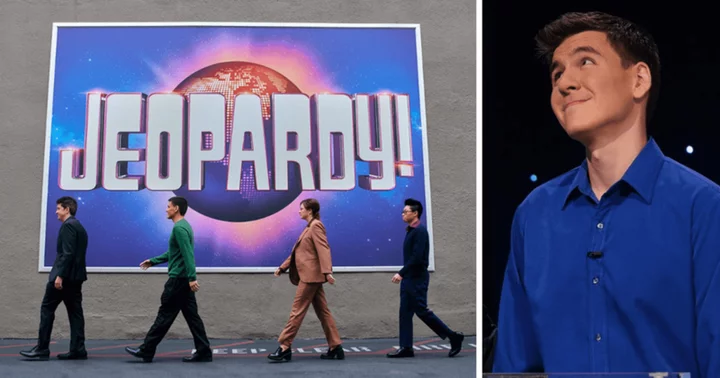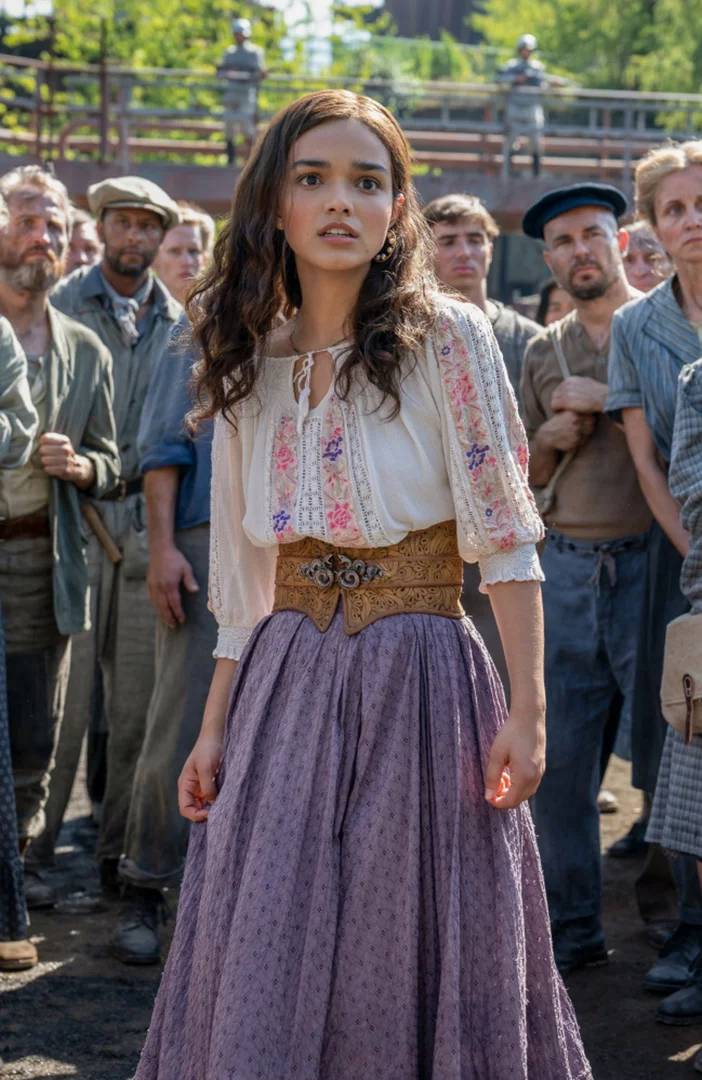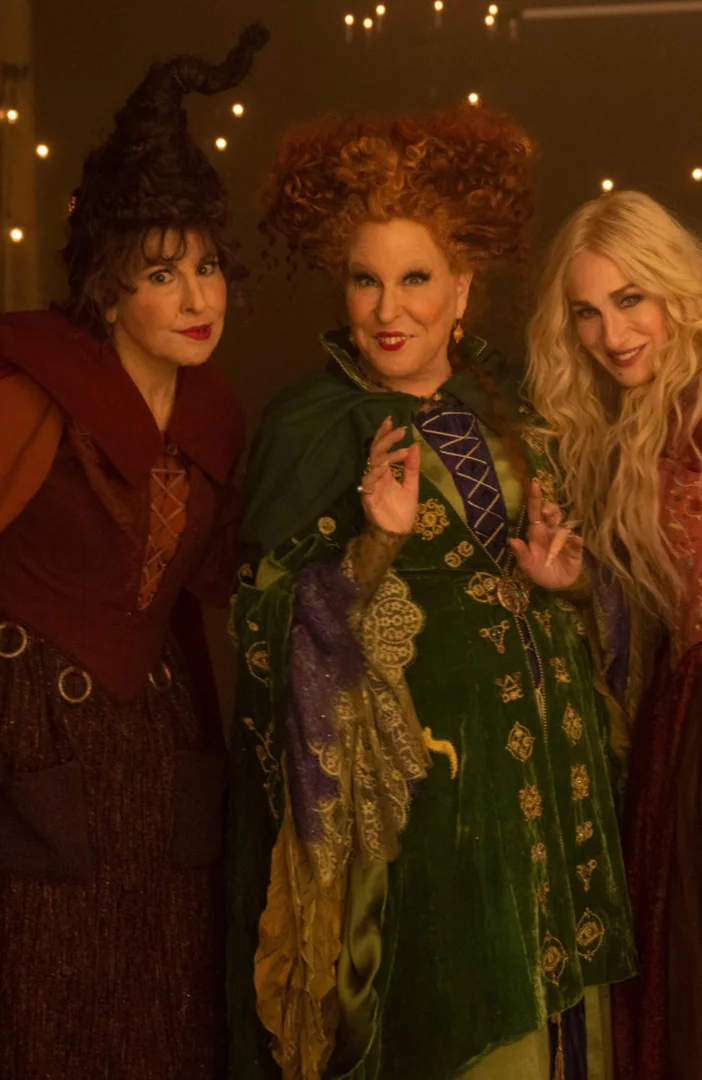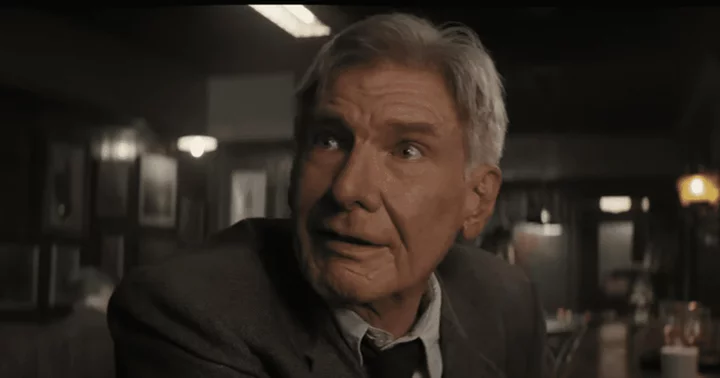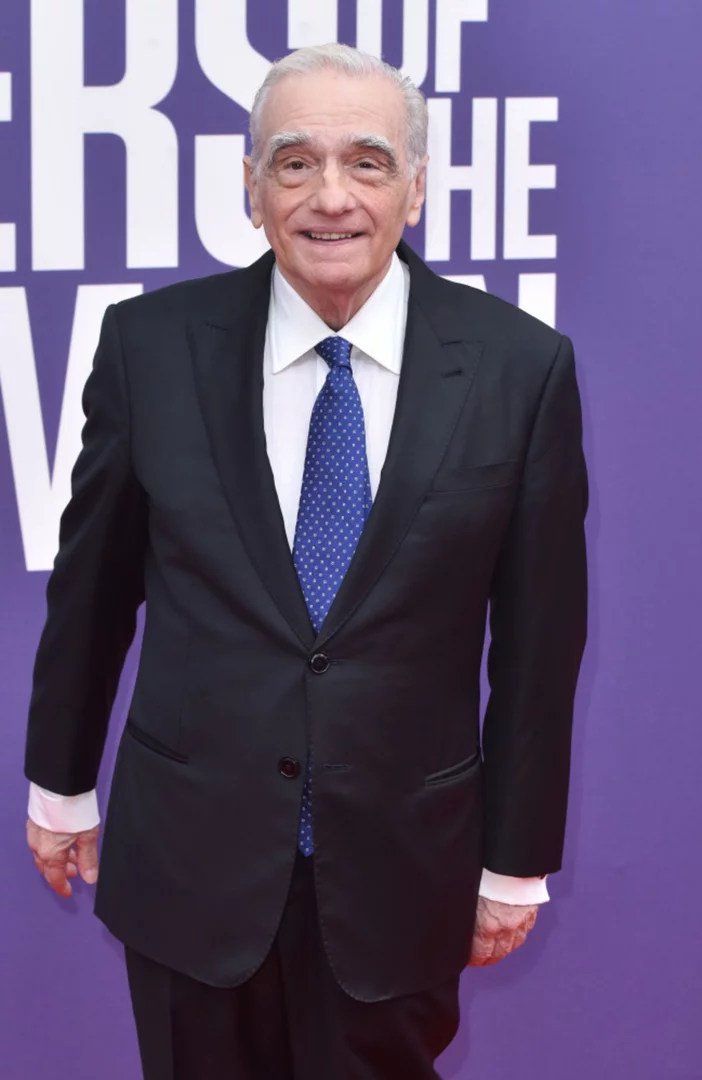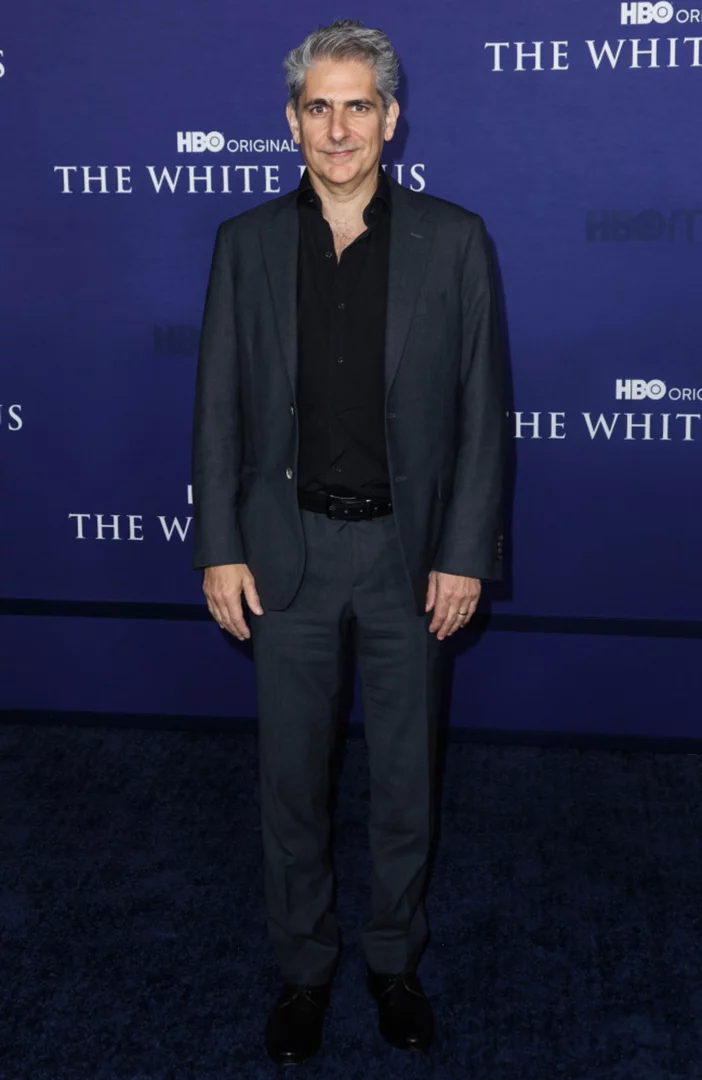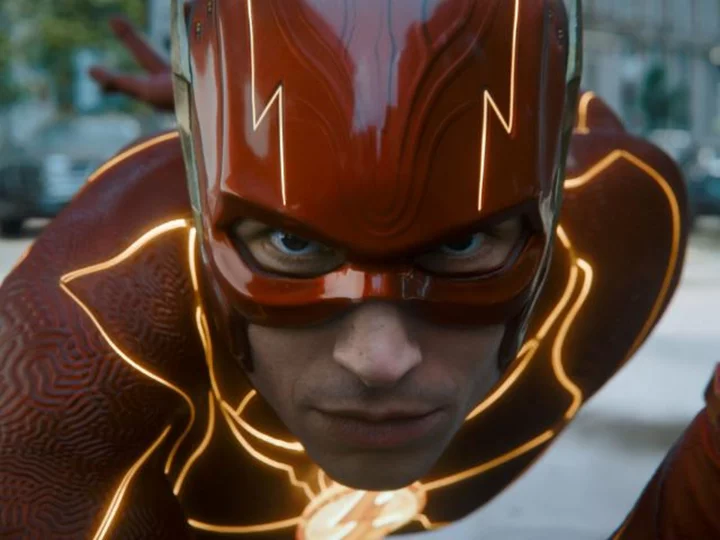Before Black horror gained a mainstream foothold with the release of Jordan Peele's Get Out — though you can be sure Black horror existed before his film — the Black people who did populate genre films shared a defining characteristic: They were always the first to die.
Omar Epps and Jada Pinkett perish in Scream 2; Scatman Crothers is snuffed out in The Shining; Samuel L. Jackson is eaten by a shark in Deep Blue Sea (LL Cool J, however, does survive). Black spoofs like the Scary Movie franchise and A Haunted House both lampooned the image of Black folks in horror movies. But even those films are more in conversation with the genre's tropes than as standalone visions of Black life.
The Blackening doesn't merely lampoon. It exists in a singular milieu. The Tim Story-directed comedy, slyly smart and wildly subversive, is a return to form for the director following two underwhelming offerings in Shaft and Tom & Jerry. It finds inspiration in a sketch written by comedian Dewayne Perkins — who also stars in this film — for Comedy Central. The sketch was simple: A group of Black people trying to evade a slasher take refuge in a home where their sole hope of survival stems from them needing to choose who is the Blackest among them. That person will be sacrificed to the white murderer lurking outside.
SEE ALSO: 50 films we can't wait to see this summerAs a feature film, The Blackening augments the spry, funny conceit, makes sharp references to other Black movies, and offers a hilarious and touching horror comedy that redresses cultural stereotypes.
With friends like this, who needs enemies?
Credit: Glen WilsonFrom the jump, Tracy Oliver and Perkins' witty screenplay is a riot: It begins with Morgan (Yvonne Orji) and Shawn (Jay Pharoah) in a cabin in the woods. Before the couple makes light romance, they discover a door at the end of the hallway labeled "game room." Inside the space they find plenty of board games, but there's one, located at the center of the room, that really catches their eye. It's called The Blackening.
The rules of the game are a combination of Monopoly, Trivial Pursuit, and Risk, replete with tokens and trivia questions. At the center of the board is a "Sambo" figure who tells Morgan and Shawn, with the glee of Jigsaw, that they must answer a question correctly — to name one Black character who survived a horror movie — if they want to leave the room alive. They fail. Blood spatters, screams echo, the screen goes black. The opening is a clear metaphor for how this film is literally trying to rewrite the rules of the game: The film will be about the Black people who do survive.
You would think, nevertheless, that the first few minutes would only provide a cold start, and we'd soon be introduced to a set of individuals disconnected from Morgan and Shawn. But the script doesn't take the easy way out. See, Morgan and Shawn were alone at the cabin priming the place for a 10-year reunion with their friends.
Taking place on Juneteenth, the cadre of companions are a bundle of buried feuds and lost heartaches: The forward Dewayne (Perkins), for instance, has never forgiven the dapper Nnamdi (Sinqua Walls) for breaking the heart of Lisa (Antoinette Robertson). Only their mutual friend Allison (Grace Byers) knows Lisa and Nnamdi are back together, leaving Dewayne in the dark. Meanwhile the zen King (Melvin Gregg) and boisterous Shanika (X Mayo) trade barbs as the comic relief of the group. It's only the nerdy, nasal-voiced Clifton (Jermaine Fowler) who seems out of place, especially when the group decides to play spades — a game that'll pay dividends later as a villain origin story.
In The Blackening, spades is the Most Dangerous Game.
Credit: Glen WilsonRather than providing an undemanding series of jokes spoofing horror films, The Blackening instead operates as an interpersonal comedy: Nnamdi, for instance, ribs King for not only being a reformed gangster, but being married to a white woman. Dewayne, meanwhile, throws barbs at Nnamdi for his philandering past. At other points there are jokes connected to Set It Off and, of course, Get Out. The Blackening, in that regard, isn't so much a response to the lack of Black people in white genre movies as it is a reflection of the richness of Black cinema itself.
Before long the friends do discover the game room, whereby they are locked in. They will be released if they answer 10 straight questions correctly, regarding Black pop culture. But, thoughtfully, they must also answer queries that test the stereotypes of Blackness. At one point they're asked how many Black people appeared on the television series Friends. Each claims they never watched that white show. And yet, they're all able to at least provide one name, proving that they did watch Friends.
The film further needles the perception of monolithic Blackness when the game asks them to sacrifice the person they believe is the Blackest. Each person provides a reason for why they don't fit the bill: Dewayne offers up that he's queer; Lisa says she's biracial; King even uses his white wife as an excuse. These are all actual slings thrown against African Americans, sometimes by one another, to make a singular vision of Blackness that doesn't exist. Story's film entertainingly dissuades such preconceptions while providing memorable laughs in the process.
The Blackening is an act of bold defiance.
Credit: Glen WilsonThat doesn't mean The Blackening doesn't provide frights, however. A white slasher bedecked in a Sambo mask appears with a crossbow to hunt his prey. Consequently, the entire back half of the film becomes an extended freakout; the crew dodges arrows as they attempt to find a way to escape. While editing doesn't carry the kind of crispness you'd want in generating scare, in this span, several members of this deep ensemble have standout moments: Perkins as the rare queer character in a Black horror film is an unbridled stack of kinetic energy; X Mayo delivers a piercing stream of one-liners with aplomb; Fowler relishes his time as the nerdy outcast.
For the most part, this group doesn't see themselves as a set of individuals, like most white people in horror films. When it's time to split up, this band of friends can't even utter the words for fear of vomiting. They realize their best chance at survival arises from their togetherness, their intimacy, and their shared history. Though the ending is pretty easy to see coming, the obviousness doesn't subtract from the delirious enjoyment the film offers. The final shot isn't one of breathless endurance, it's one of unfettered defiance. As such, Story's The Blackening is a subtle, thought-provoking, yet endlessly rapturous take on the horror genre sure to invite more spins on its unique vision.

